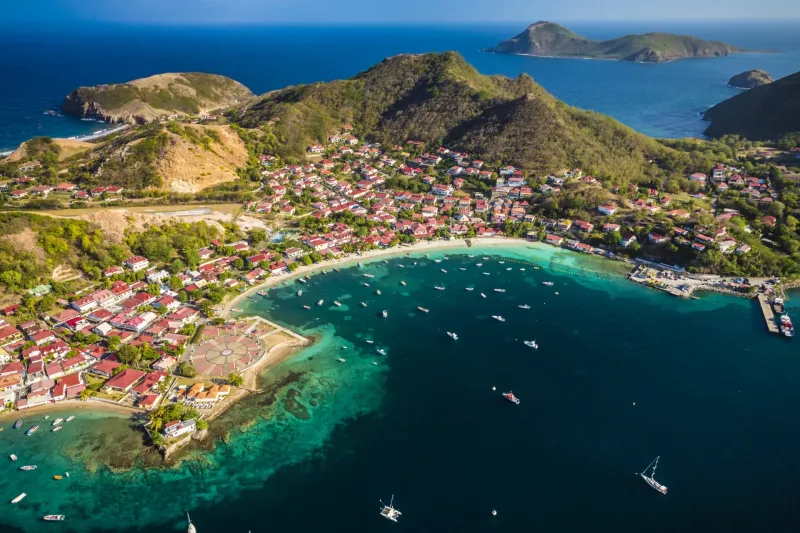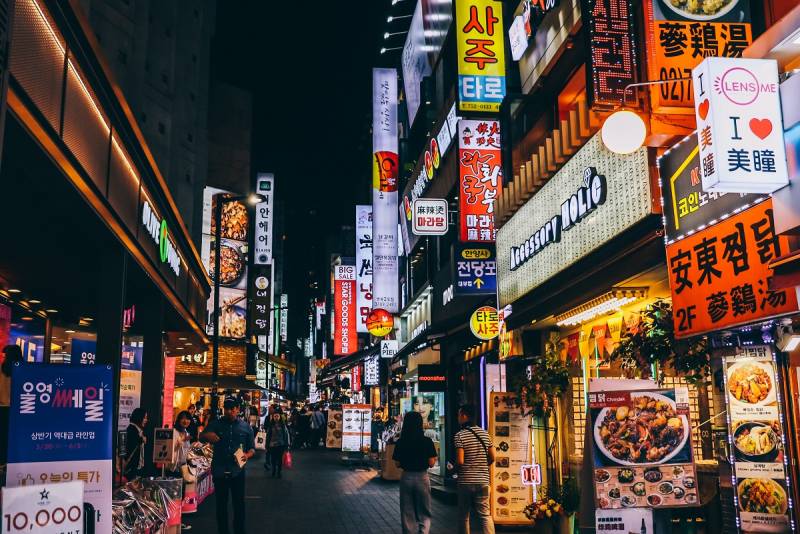According to the latest World Happiness Report, my country of Finland has the happiest people on Earth, a designation it has held for six consecutive years. I imagine that news might rankle some Americans, some of whom are fond of touting the American Dream and describing their country as the greatest in the world.
Read Also: UAE leader names his son as Crown Prince of Abu Dhabi
Since 2002, the World Happiness Report has tabulated the relative happiness of people around the globe, using statistical analysis to take into account factors such as gross domestic product per capita, social support, life expectancy, freedom to make one’s own life choices, generosity of the general population and perceptions of the level of corruption in the society. The US came in 15th out of the 149 countries on the survey. Was that an anomaly? No, America has not cracked the top dozen, at least not in recent years. Last year it was number 16. In 2021, it came in 14th place. The previous year, 2020, it was the 18th. Queried over the years about their own level of satisfaction with their lives, Americans consistently provide answers that land the United States in the double-digit rankings behind numerous other countries.
Like other Nordic countries, Finland has well-functioning and democratic institutions that provide its citizens with extensive benefits and security. The citizens of our countries trust our institutions, something that certainly cannot be said of the United States at present, which according to some assessments is at risk of losing the very democracy which has long been its calling card on the global stage. (Incidentally, among the other Nordic countries, Denmark was in 2nd place; Iceland was 4th; Norway was 6th.)
Of course, each country has a unique history and has charted a singular path to its present level of national contentment — or lack thereof. Finland and other Nordic countries don’t have deep class divides and economic inequality experienced by some other countries — including the United States. Our economic systems are not built on haves and have-nots, a Darwinian model of survival of the fittest that actually encourages class divisions and strife by rewarding winners who often seem to succeed by taking advantage of the less fortunate. For those of us who live outside of the United States, obviously, some of what we know about America is based on generalities — some might even call them stereotypes — that is shared the world over.
Sharing her experience Marja Heinonen, the author of several books said:
I’m grateful to live in a country where my daughter’s medical expenses were affordable and didn’t ruin our lives. The bulk of the expenses were taken care of by the public health system. In fact, I paid less than $1,000 for her hospital stays, doctor visits and 10 custom braces that she had to wear over the course of a decade to help correct the curvature of her spine. Our taxpayer-funded universal health care is high in quality, but without piles of confusing paperwork or huge bills borne by the patient. All this is part of our welfare state, which the Nordic countries are famous for. I realize that “welfare” is a dirty word for many in the United States. But several studies confirm that welfare state generosity has a tremendous positive impact on life satisfaction. Finnish journalist and author Anu Partanen, who has lived for years in the US, shared with me the view that Americans are far more enmeshed in unhealthy dependencies than they realize. She writes about this in her book “The Nordic Theory of Everything.” Some in the US have said they want less government involvement, not more and criticize Finland as a socialist “nanny state” where the government has too much say about the particulars of individuals’ lives. In Finland, we have found that the government actually frees up business to focus on what they do best: business. And that’s proven to be a boon not just for the economy but for society as a whole. Partanen says that while US companies struggle to administer health plans and find educated workers, Nordic governments provide high-quality public services for all citizens and give everyone quality education so that employers have no shortage of qualified job applicants.
And still, I would guess that most of those truisms hold more than a kernel of truth. Political scientist Ronald Inglehart offered an explanation of why inhabitants of Nordic countries so consistently are the most content with their lot in life. In a 2020 report titled “Nordic Exceptionalism” — part of that year’s World Happiness Report — he said that our countries constitute “the leading example of successful modernization, maximizing prosperity, social solidarity, and political and personal freedom.” Another feature of life in America as viewed from abroad is its exaggerated focus on money — earning it, getting more of it and holding onto it once you have it. I used to wonder why my American friends spent so much of their mental energy thinking about making money. I have come to realize they had no option: In the US, the future depends very much on how much money you possess. If you cannot afford school tuition or to cover your health care costs or to set aside funds for your senior years, life can be miserable indeed.
According to data from the Organization for Economic Cooperation and Development, the average single worker in Finland faced a net average tax rate of 30.8% in 2021, compared with the OECD average of 24.6%. That’s higher than most of other countries, but it’s the price that we have decided to pay as a society to have quality schools, low-cost public infrastructure, public health care and the like. Yes it’s true, there is no Finnish equivalent of the American Dream, promising eventual riches after a lifetime of toil. Instead, here in the Nordic countries we have realized that the secret of happiness is found in a kind of egalitarianism and trust in our institutions. It leads to a societal cohesiveness — and happiness — that money just can’t buy.




